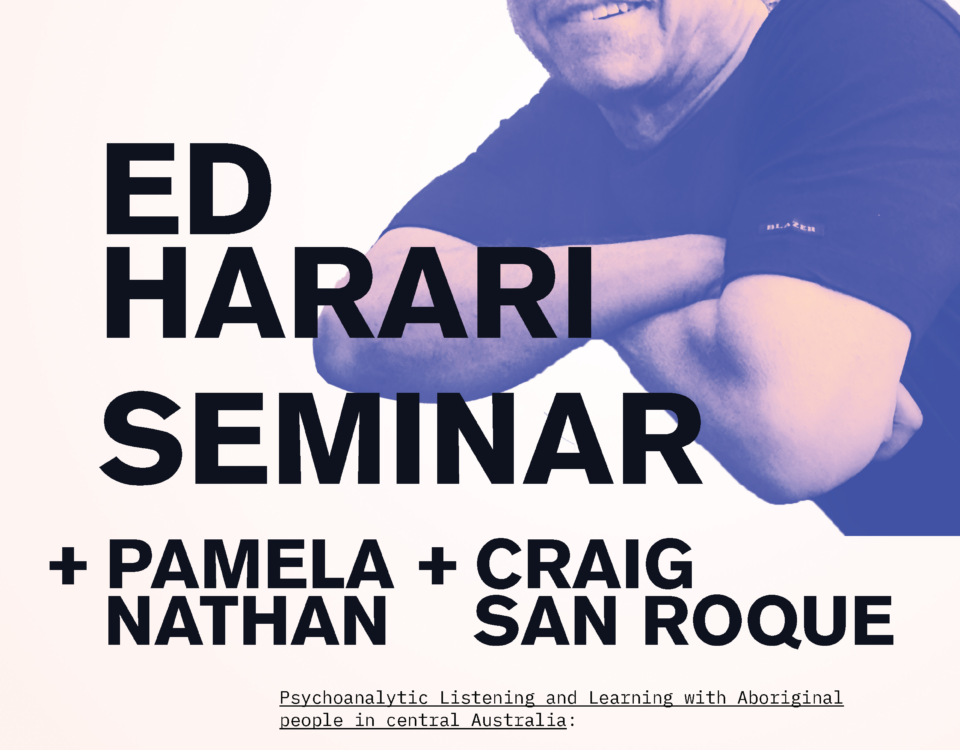Kintore Elder says Abbott does not understand lifestyles of Aboriginals
March 20, 2015April Newsletter online now!
April 29, 2015The residents of Kiwirrkurra believe their community is under threat of closure.
The following letter was handed to Pamela Nathan, Director of CASSE’s Aboriginal Australian Relations Program, on her most recent trip to central Australia and the western desert region to meet with communities involved with CASSE’s Tjilirra Project. The author is Bobby West, a senior traditional owner who lives in the tiny community of Kiwirrkurra. Located 850km west of Alice Springs, in Western Australia, it has been described as the most remote community in Australia.
Kiwirrkurra is home to Pintupi people who were among the last to cease living a traditional nomadic lifestyle in the western desert in the mid 1980s. They are the custodians of the world’s oldest continuing culture.
Bobby asked Pamela to assist with distribution of this letter via media and social media:.
STOP the closure of remote communities in WA
I write to express my deep shock at the decision of the Federal and Western Australian Governments to discontinue funding of essential municipal services to remote Aboriginal communities in Western Australia.
I ask that the Australian and Western Australian governments urgently meet to forge a new agreement that ensures ongoing funding of such services to all Aboriginal communities in Western Australia.
I am not aware of any other small community in the country, besides remote Aboriginal communities that has to worry about governments refusing to fund municipal and essential services. The provision of such services is a basic obligation of government to its citizens.
If government meets the obligation to other communities, why wouldn’t it meet this obligation to Aboriginal communities in Western Australia?
There is substantial evidence of the health and well-being benefits for Aboriginal people living in homelands, particularly in relation to maintaining culture and connection to country.
Breaking Aboriginal connection to land and culture, and forcing people to move to regional towns will just increase exposure to drugs, alcohol, and crime, with no guarantees of adequate housing or employment.
Along with being grossly unfair, the decision is incredibly short-sighted, and will cause more suffering for already vulnerable people. This was recognised by Premier Barnett in parliament:
“it will cause great distress to Aboriginal people who will move, it will cause issues in regional towns as Aboriginal people move into them”.
I therefore ask that the Australian and Western Australian governments:
1. Urgently meet to forge a new agreement that ensures ongoing funding of such services to all Aboriginal communities in Western Australia; and
2. Commence working in partnership with Aboriginal people in the 274 remote Aboriginal communities in Western Australia on sustainable development initiatives, maximising health and wellbeing gains from living on homelands, and supporting future aspirations of community members
I look forward to your response
Bobby West





